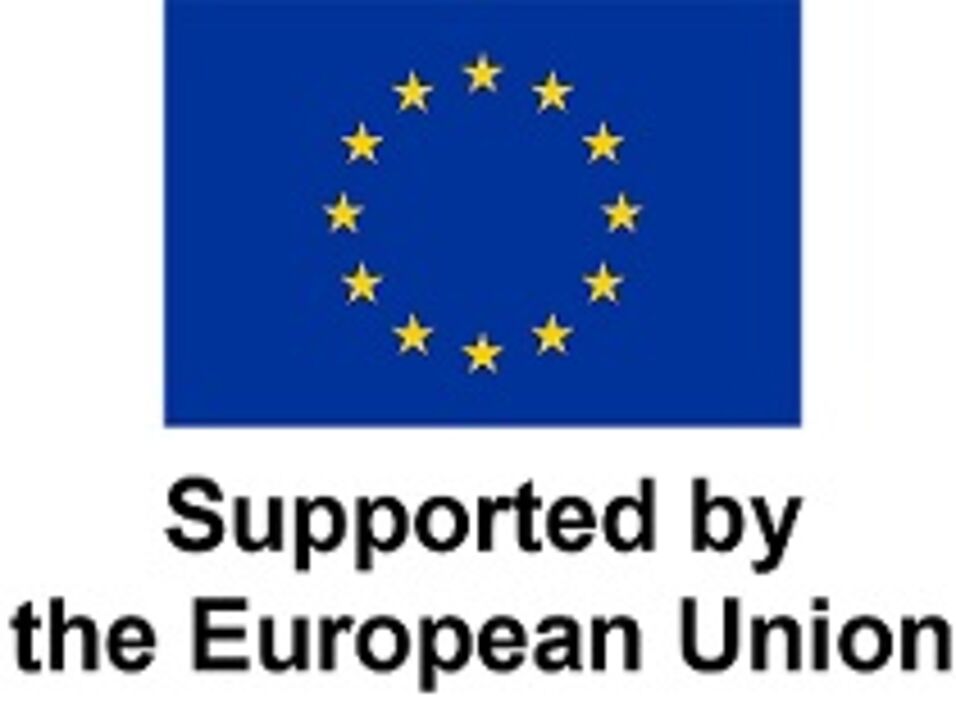The ELI-UNIDROIT joint project “From Transnational Principles to European Rules of Civil Procedure” takes as a basis the principles developed by UNIDROIT and the American Law Institute and adapts them from the European perspective. According to Anna Veneziano, Deputy Secretary General of UNIDROIT, International and regional institutions are increasingly aware of the importance of dealing with civil procedure, and the ELI-UNIDROIT model rules may play a relevant role in this context.
Conflicts of jurisdiction in criminal law were the focus of another panel session. Katalin Ligeti, Professor of Law at the University of Luxembourg, explained how the ELI Project on this matter “proposes three policy options for the European legislator to offer solutions for preventing and solving conflicts of criminal jurisdiction in the European Union. Participants discussed these concrete legislative proposals in order to address the complex situation where various States have legitimate jurisdiction over a cross-border crime.
The ELI Project Team on Rescue of Business in Insolvency Law also presented its close to final drafts. Notable advancements have been achieved in European legislation in the last few years. However, the financial collapse demonstrated that too many viable companies are liquidated and the legislation does not facilitate their rescue. The ELI introduced ambitious work that will seek to add to the existing legislation to address these problems. According to Bob Wessels, “Our recommendations should not only lead to greater efficiency and effectiveness of insolvency law systems throughout Europe. Greater coherence between these systems, providing viable business with an early option to restructure, will also be good for the economy as a whole.” Stephan Madaus added, “Our comparative analysis of insolvency laws across Europe should disclose where and why the laws are different, but also how similar many of the rules already are. It simply provides a great basis for those national and European lawmakers who wish to further modernise or harmonise these rules.”
There are also some challenges that are not (or not solely) related to procedural law, but rather linked to the fact that European citizens are not aware of the options they have under existing law. The ELI presented an innovative approach to addressing many of the problems that European families are facing, not through legislation, but through individual choices and informed decisions, using the opportunities that are in place in the existing legal instruments. As Christiane Wendehorst stated, “There are currently up to 16 million international couples in the EU, i.e. couples where at least one of the partners lives in a country other than his or her country of origin. However, starting an international family or moving cross-border may still be compared to flying blind into a storm of unexpected legal effects, e.g. a loss of rights on the part of the weaker party, unfamiliar grounds for divorce, or a distribution of the estate which is incompatible with the expectations of the deceased and the surviving family. We urgently need to reduce obstacles faced by international families and to facilitate free movement of citizens.”
Similarly, vulnerable adults were the focus of one of the panel sessions. As Richard Frimston stated, “As the number of older people in the EU continues to rise, the number of them resident in a Member State other than that of their nationality also increases. Advisers are seeing more and more problems associated with dealing with the assets of persons who have lost capacity across national borders, and the problems of moving such persons from one Member State to another, so that they may be cared for nearer to their relatives in another Member State. The 2000 Convention, Hague 35, helps with some of these issues, but is only in force in seven Member States. The ELI is keen to see Hague 35 apply across the whole of the EU and for some of its provisions to be extended, to help citizens cope with these increasingly common but difficult problems.”
The tremendous work of the ELI Project Teams was presented today and received an enthusiastic response. Adopting solutions which will take into account the effects of today’s discussions, will help the legislators in Europe to simplify the daily life of people.

